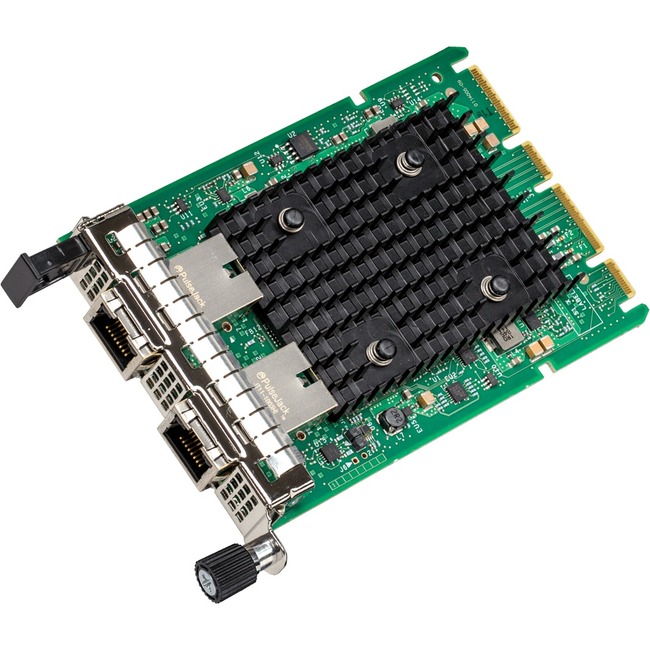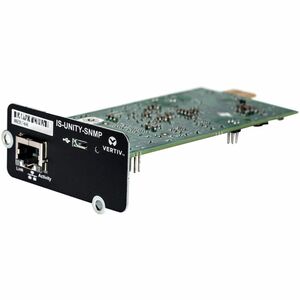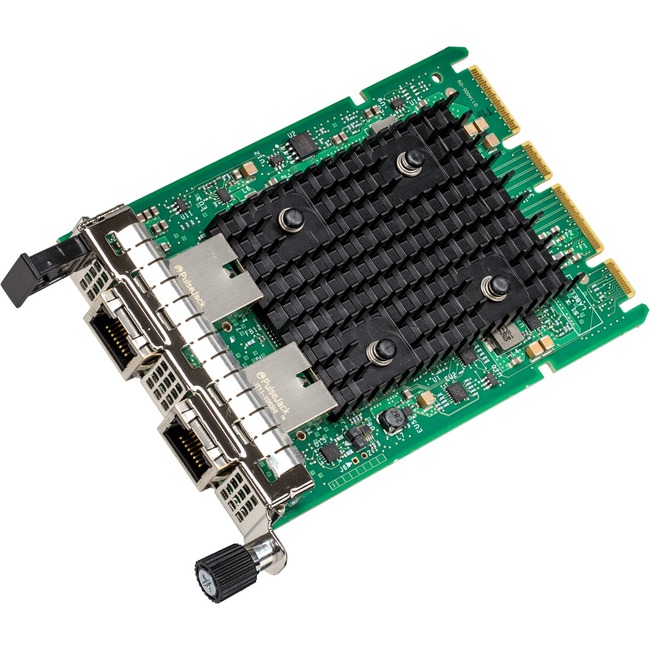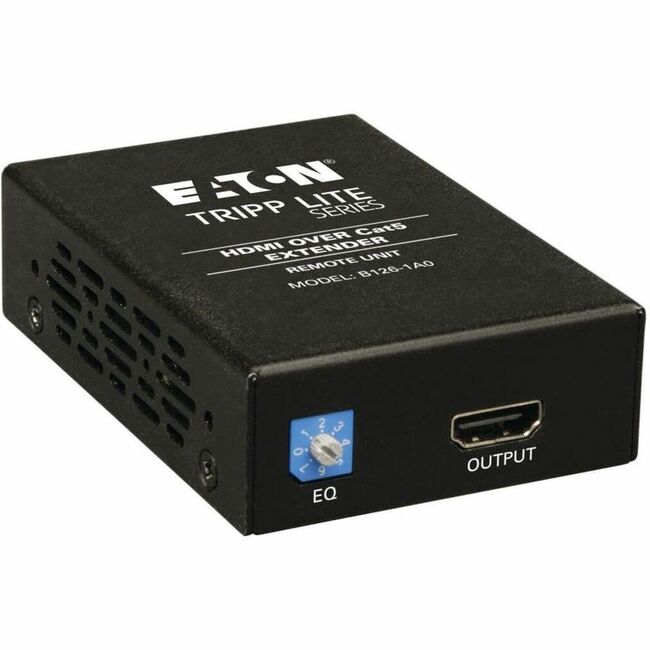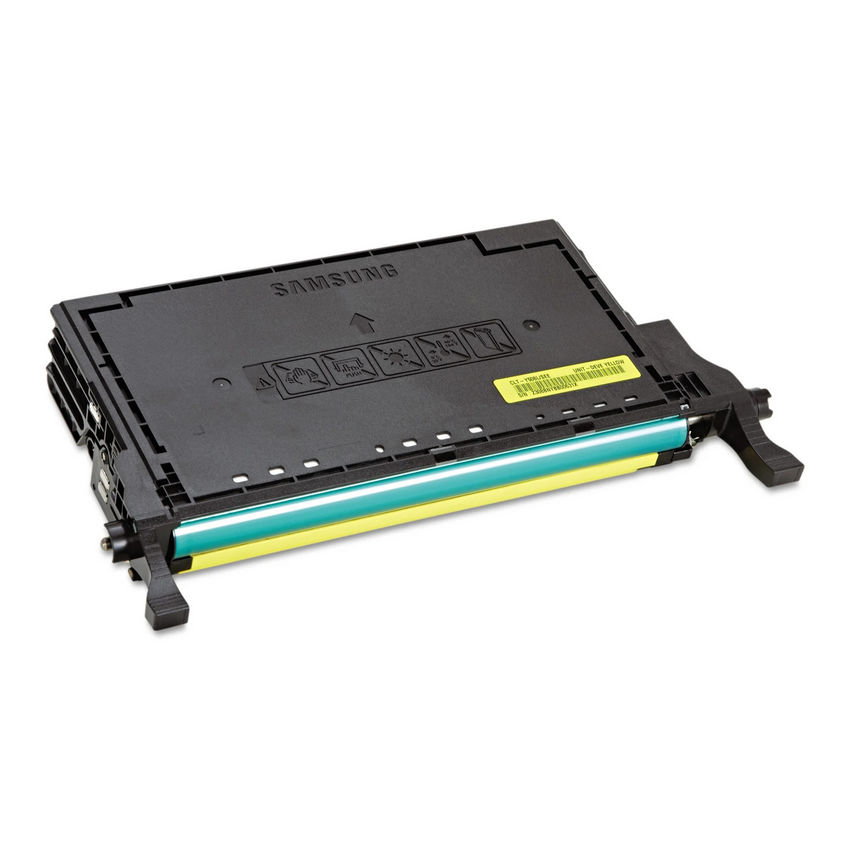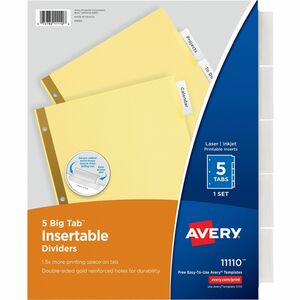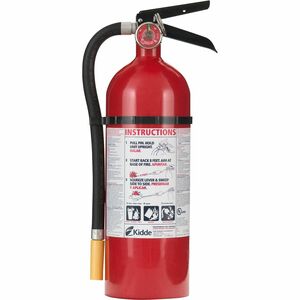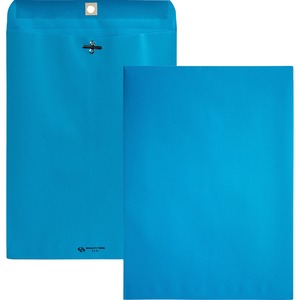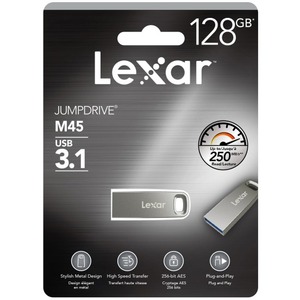|
By clicking Subscribe, I agree to receive advertising and other marketing messages from Patzon under the terms of the Privacy Policy and User Agreement. |
|
Intel Ethernet Network Adapter X710-T2L for OCP 3.0
| $357.26 |
- Energy Efficient Ethernet (EEE) / IEEE 802.3az enabled
- Backward compatible with multi-speed support for 5/2.5/1G,10GBASE-T, and 100BASE-T X
- PCI Express (PCIe) 3.0 x8
- FCC Class B for EMI
- Network Virtualization offloads including VxLAN, GENEVE, NVGRE, MPLS, and VxLAN-GPE with Network Service Headers (NSH)
- Intel® Ethernet Flow Director for hardware-based application traffic steering
- Dynamic Device Personalization (DDP) enables increased packet processing efficiency for NFV and Cloud deployments
- Data Plane Development Kit (DPDK) optimized for efficient packet processing
- Excellent small packet performance for network appliances and Network Functions Virtualization (NFV)
- I/O virtualization innovations for maximum performance in a virtualized server
You may be also interested
Product description
Intel Ethernet Network Adapter X710-T2L for OCP 3.0 - PCI Express 3.0 x8 - 2 Port(s) - 2 - Twisted Pair - Retail - 10GBase-T - Plug-in Card
PCI Express 3.0 x8 - 2 Port(s) - 2 - Twisted Pair - Retail - 10GBase-T - Plug-in Card
Specifications
Simplify technology transitions with the Intel® Ethernet Network Adapter X710-T2L and X710-T4L. Autonegotiation between port speeds provides maximum flexibility in dual and quad-port 10GBASE-T configurations. These low-power adapters also support Energy Efficient Ethernet to efficiently reduce power consumption during periods of low data activity.
The X710-T2L and X710-T4L are part of the Intel® Ethernet 700 Series the foundation for server connectivity; providing broad interoperability critical performance optimizations and increased agility for Communications Cloud and Enterprise IT network solutions.
- Interoperability - Multiple speeds and media types for broad compatibility backed by extensive testing and validation.
- Optimization - Intelligent offloads and accelerators to unlock network performance in servers with Intel® Xeon® processors.
- Agility - Both Kernel and Data Plane Development Kit (DPDK) drivers for scalable packet processing.
The Intel® Ethernet 700 Series delivers networking performance across a wide range of network port speeds through intelligent offloads sophisticated packet processing and quality open-source drivers.
All Intel® Ethernet 700 Series Network Adapters include these feature-rich technologies:
Flexible and Scalable I/O for Virtualized Infrastructures
Intel® Virtualization Technology (Intel® VT) delivers outstanding I/O performance in virtualized server environments.
I/O bottlenecks are reduced through intelligent offloads such as Virtual Machine Device Queues (VMDQ) and Flexible Port Partitioning using SR-IOV with a common Virtual Function driver for networking traffic per Virtual Machine (VM) enabling near-native performance and VM scalability. Host-based features supported include:
VMDQ for Emulated Path: VMDQ enables a hypervisor to represent a single network port as multiple network ports that can be assigned to the individual VMs. Traffic handling is offloaded to the network controller delivering the benefits of port partitioning with little to no administrative overhead by the IT staff.
SR-IOV for Direct Assignment: Adapter-based isolation and switching for various virtual station instances enables optimal CPU usage in virtualized environments.
- 128 virtual functions (VFs) each VF can support a unique and separate data path for I/O related functions within the PCI Express hierarchy.
- Use of SR-IOV with a networking device for example allows the bandwidth of a single port (function) to be partitioned into smaller slices that can be allocated to specific VMs or guests via a standard interface.
Intel® Ethernet Adaptive Virtual Function (Intel® Ethernet AVF): Customers deploying mass-scale VMs or containers for their network infrastructure now have a common VF driver. This driver eases SR-IOV hardware upgrades or changes preserves base mode functionality in hardware and software and supports an advanced set of features in the Intel® Ethernet 700 Series.
Enhanced Network Virtualization Overlays (NVO)
Network virtualization has changed the way networking is done in the data center delivering accelerations across a wide range of tunneling methods.
VxLAN GENEVE NVGRE MPLS and VxLAN-GPE with NSH Offloads: These stateless offloads preserve application performance for overlay networks and the network traffic can be distributed across CPU cores increasing network throughput.
- Ethernet Network Adapter X710-T2L for OCP 3.0
- Low-profile Bracket

